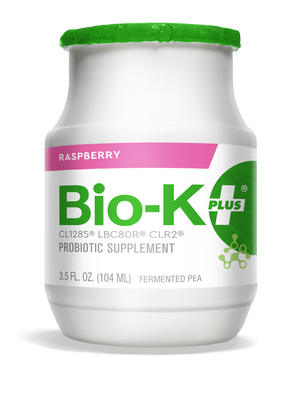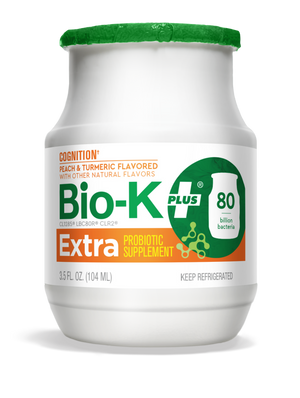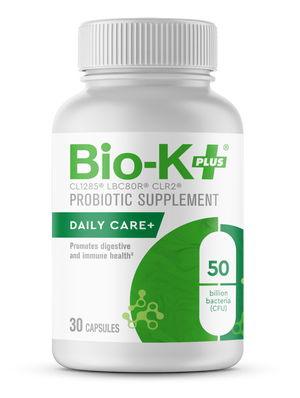Have Celiac Disease? These 5 Foods Will Optimise Your Health
May is Celiac Awareness Month so it’s the perfect time for those with celiac disease to check in with their wellness routine. Even when the gut has fully healed, proper nutrition is critical to optimize your health and wellbeing so that you feel your best and stay healthy for years to come. Read on for my top picks for a healthy, whole gluten free diet.
Pumpkin Seeds
Pumpkin seeds aren’t just for Halloween – these dark green gems are incredibly nutrient dense. A source of anti-inflammatory omega 3 fatty acids, pumpkin seeds are especially rich in zinc, a mineral critical for supporting the immune system and growth and repair of the gut cell. Pumpkin seeds contain more than a third of your daily needs in just one-quarter cup. And pumpkin seeds make a great trail mix option for nut free schools.
Sardines
Convenient and inexpensive, sardines are often not the first choice for a nutritious seafood meal, but they should be. Eco-friendly sardines contain as much Omega 3 as Sockeye salmon for a fraction of the cost. Omega 3 fatty acids are important in celiac disease to help support healing and optimal gut health by fighting chronic inflammation.
Sauerkraut
Grandmother’s favourite tangy side dish was a staple for a reason. Easy to make at home from inexpensive ingredients, fermented sauerkraut is an important addition to any digestion-boosting diet. Cabbage is a rich source of glutamine, a compound that is important for the health of the gut cell.
Tahini
The inflammation of celiac disease can leave you with temporary lactose intolerance…but now is not the time to abandon your bones, because celiac disease may increase your risk for osteoporosis later in life. Instead, explore non-dairy sources of calcium like tahini. A smooth paste made from sesame seeds, tahini has a rich, creamy, savoury flavour that boasts 130mg of calcium in two tablespoons. Add tahini to smoothies or use it to make creamy salad dressings and sauces without the cream. Tahini even works beautifully in baking.
Lentils
Got lentils? Lentils are a perfect compliment to a healthy gluten free diet because they are high in iron and fibre, two nutrients of concern in celiac disease. Due to both the inflammation and malabsorption common in celiac disease, you may be prone to energy-zapping anemia, so bulking up on your iron sources is important. Cooked lentils contain approximately 4g of iron per ¾ cup serving – half of a man’s daily needs and roughly one-quarter of a woman’s daily needs. Lentils also offer a high fibre alternative to gluten-containing grains. Fibre is critical to support the ongoing health of your digestive system and many gluten free alternatives may be lower in fibre than their gluten-containing counterparts.
Eating a whole foods, plant-centred diet is the foundation of a healing, anti-inflammatory diet that is healthy for everyone, not just those with celiac disease. Once you have gained confidence in choosing gluten free foods for yourself, shift your focus towards a healthier overall diet. Gluten free living will help you manage your celiac disease, but a healthier diet will help keep you energized for life!





